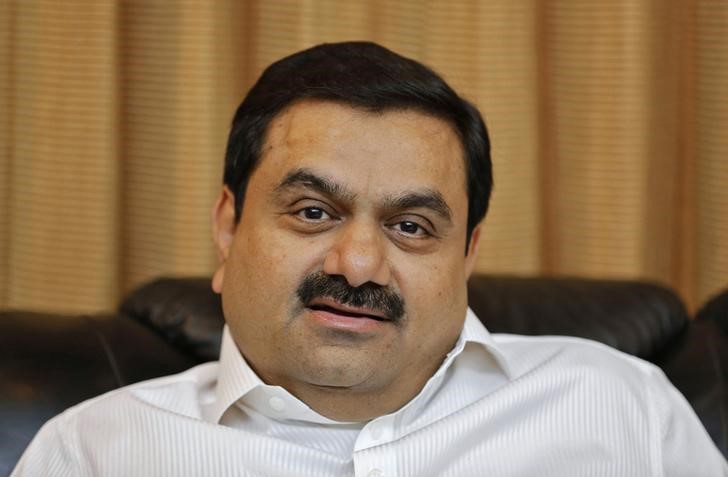By Abhirup Roy
SAN FRANCISCO (Reuters) – Hyundai Motor (OTC:) unveiled its first three-row electric SUV on Wednesday, pushing into a market for big family cars that global automakers hope will one day be a profit powerhouse.
Hyundai’s IONIQ 9 will roll out in the United States and Korea early next year with a range of more than 300 miles, the Korean automaker said in a statement. Launches in Europe and other markets will follow, it said.
Three-row SUVs have replaced minivans and station wagons to become the big car of choice for many soccer moms and dads carrying kids and friends around town as well as road trips with lots of passengers and gear.
Most EVs are money-losing. But profits from the gasoline-powered versions promise automakers big payoffs as battery costs decline, and early launches give the brands a headstart in the emerging market segment.
Lucid (NASDAQ:), General Motors (NYSE:)’ Cadillac, Volvo (OTC:) and Vinfast all are launching three-row EVs, while Hyundai corporate cousin Kia already has its own version.
“It’s a very important segment on the gas side,” said Sam Fiorani, vice president at research firm AutoForecast Solutions. “The problem with it is that they are large vehicles and finding a way to design a battery pack around all the storage and the utility of a three-row takes a concerted effort.”
Moreover, big batteries are not enough to avoid charging during long road trips.
Still, automakers need to get into the three-row SUV market to give loyal customers options, Fiorani said. “If you aren’t in that field where they expect you to be, they’re going to move to somebody else, and it’s much easier to keep a customer happy than to win a customer away from another brand.”
With current incentives, Fiorani forecast that the new models will help to more than double sales of three-row EVs to around 150,000 next year, from an estimated 68,000 this year.
The handful of models in the market with three-row versions includes Rivian (NASDAQ:)’s R1S, starting at $76,000 and Tesla (NASDAQ:)’s Model X, which starts at $80,000. There is also a Model Y three-row variant.
Lucid started taking orders for its $95,000 Gravity SUV this month and Vietnamese EV maker VinFast (NASDAQ:) on Tuesday started delivering the VF (NYSE:) 9 SUV with a $70,000 starting price.
Hyundai did not disclose a price for the IONIQ 9, but the Kia EV9 starts at $55,000, and models from the related companies are often similarly priced.
Hyundai aims to have a full lineup of 23 EV models by 2030. The IONIQ 9, built in Georgia, will be able to charge from 10% to 80% in 24 minutes at high-capacity charging stations, and it is compatible with Tesla’s Supercharger network.
TEMPERED ESTIMATES
Most automakers are pressing ahead with their plans even as U.S. President-elect Donald Trump has promised to pull back government incentives for EVs.
However, Ford (NYSE:) in August shelved plans to produce an electric three-row SUV, choosing instead to build hybrid SUVs to woo customers with longer-range vehicles for road trips. Rivals are also responding to rising consumer demand for cars with gas-powered engines and a small battery pack as a less expensive way to go electric.
“The whole EV market right now is difficult and (building three-row EVs) is especially difficult because of the higher prices and costs associated with it,” said Jessica Caldwell, head of insights at auto research firm Edmunds.
The vehicles are part of automakers’ long term strategy to expand EV offerings, but “expectations definitely need to be tempered in terms of volume in this segment,” she said.
The high price and limited range, especially for family road trips, restrict the appeal of such vehicles to early EV adopters, she added.
The target audience of wealthy buyers for three-row SUVs should not be discouraged by Trump’s plans to cut a $7,500 federal tax credit for EV buyers, analysts said, noting that most do not qualify for such subsidies anyway.
Still, it does not help, Caldwell said. “I think it just makes the package seem a lot less attractive.”










